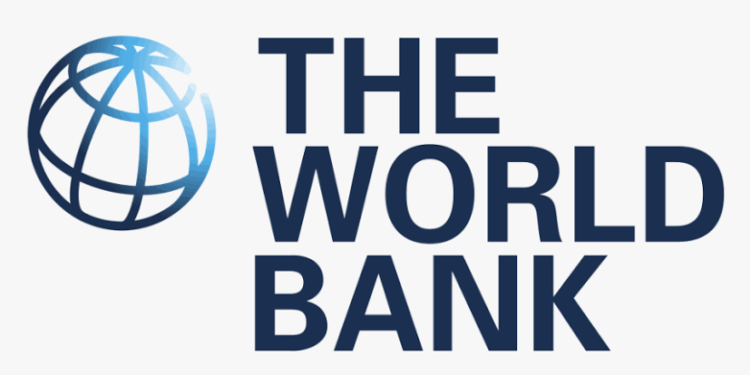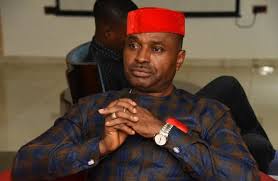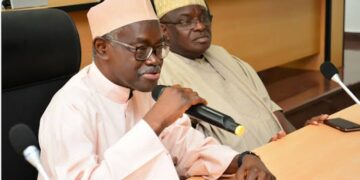The World Bank has praised the reforms introduced by the Central Bank Governor, Yemi Cardoso, particularly highlighting his monetary policies as crucial steps in guiding Nigeria toward a more stable economic future. These policies, which include targeted measures to tackle inflation, have drawn attention from global economic bodies. According to Indermit Gill, Senior Vice President of the World Bank Group, these changes signal progress in the right direction for Nigeria’s economy.
Gill made these remarks at the 30th Nigerian Economic Summit, an event hosted by the Nigerian Economic Summit Group in Abuja. During his speech, he expressed admiration for Cardoso’s strategic handling of inflationary pressures, noting a considerable rise in interest rates—850 basis points—over a nine-month period as a part of efforts to stabilize the naira and curb inflation. He recognized that such a dramatic adjustment requires not only sound financial management but also strong political will.
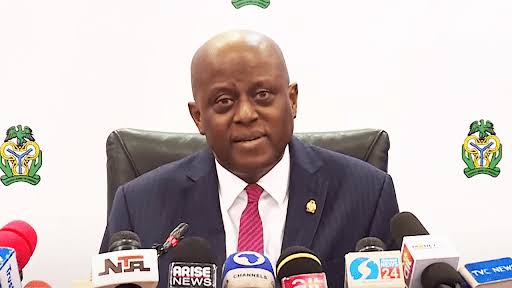
“Implementing such a far-reaching reform is impossible without a solid political commitment from the top. The price of PMS has quadrupled since the subsidy cut, imposing terrible hardship across the breadth of Nigeria’s society,” Gill said. His remarks underscore the toll that these economic changes have taken on ordinary Nigerians, even as they lay the groundwork for future gains.
Gill went on to note the aggressive steps taken by the Central Bank to rebuild confidence in the naira. “The Central Bank has had to hike its policy by a huge 850 basis point, almost 9 percentage points in the last month to boost confidence in the naira and anchor inflationary expectations. The Central Bank financing of fiscal deficit has finally ended, and Governor Cardoso has been putting Nigeria or helping to put Nigeria on the right course,” he added.
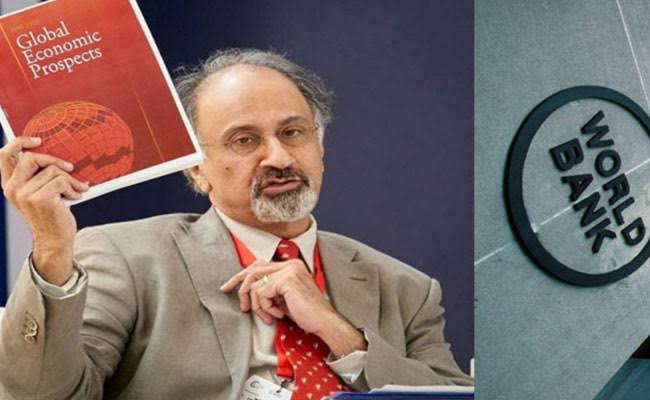
However, while applauding the efforts made thus far, the World Bank stressed that Nigeria must remain steadfast in pursuing these reforms over the long term to see tangible benefits. Gill warned that meaningful outcomes might take time to materialize, possibly spanning over a decade and a half.
He emphasized that Nigeria’s development journey will be slow but potentially transformative, likening it to the economic growth seen in countries like India, Poland, and Norway. “But this is only the beginning, Nigeria will need to stay the course for at least 10 to 17 years to transform its economy. If it does that, it will transform its economy. And it will become an engine of growth in Sub-Saharan Africa. And he will help to transform Sub-Saharan Africa. It’s very difficult to do these things, but the rewards are massive. This is the lesson from the last forty years as well as the experience of countries such as India, Poland, Korea and Norway,” Gill said.
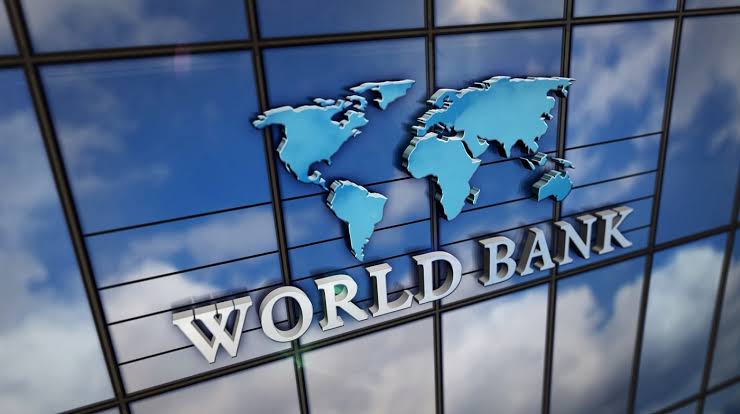
In light of the global examples, Gill’s comments serve as both encouragement and a reminder of the magnitude of the task ahead for Nigeria. The transition to a stronger economic position is not instantaneous, and consistent effort will be required from both the government and financial authorities to maintain momentum.
Meanwhile, it is worth noting the current public sentiment toward the Central Bank’s approach. According to data published by Journalists as of July 2024, only 36.3% of Nigerian households were in favor of raising interest rates to combat inflation. This data reflects a divided opinion among the populace, with 50.6% of respondents advocating for lower interest rates, even though inflation remains high. The survey further revealed that 13.1% of those surveyed were undecided, illustrating the challenges faced by the Central Bank of Nigeria’s Monetary Policy Committee (MPC) as it seeks to balance inflation control with demands for more affordable borrowing costs.
Under Governor Yemi Cardoso’s leadership, the MPC has already implemented five increases in interest rates. The first hike raised the rate from 18.75% to 22.25%, followed by additional increases to 24.75%, 26.25%, and then a 50 basis point hike to 26.75% in July 2024. The most recent adjustment brought the rate to 27.25%, marking a total increase of over 800 basis points during Cardoso’s tenure. These measures, while tough, are aimed at addressing Nigeria’s entrenched inflation problem, with particular focus on reducing core inflation and the rising costs of essential goods like food.
The World Bank’s endorsement of Cardoso’s efforts highlights the importance of these reforms as part of a larger strategy to stabilize Nigeria’s economy. Nevertheless, the path forward remains challenging, as both the government and citizens grapple with the immediate costs and long-term rewards of such drastic monetary changes.


